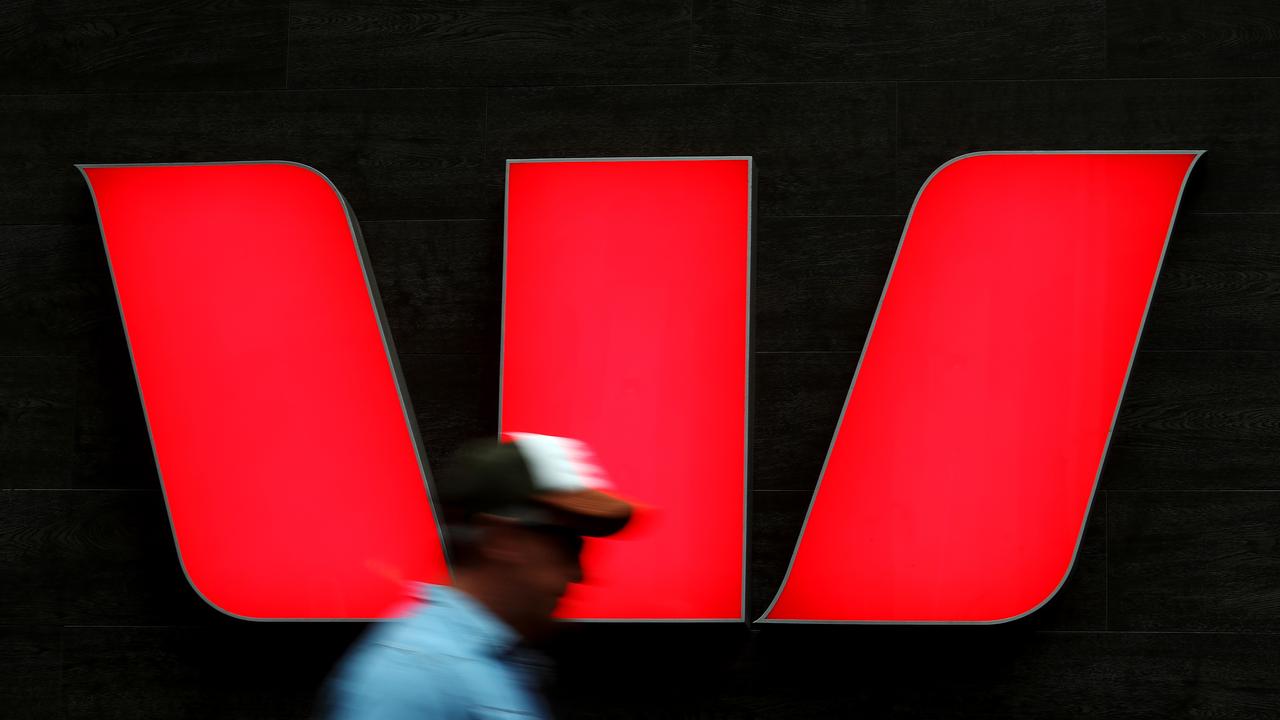Spain’s election result marks the end of an era
The rise of political newcomers Podemos and Ciudadanos will shake up Spain’s political landscape, with potential implications for its economic reform program.

“The government’s leader … has to be a decent person, and you are not,” the centre-left Socialist Party’s Sanchez incendiarily burst out, referring to a corruption scandal that has plagued the ruling centre-right People’s Party. Rajoy retorted furiously: “You will lose these elections but you can recover from that. What you can’t recover from are the contemptible and mean statements you have just made.”
In a way, both leaders were spluttering over some inevitable loss of power as Spain’s current political era foresees its close. For three decades since Franco’s rule, a centre-right and centre-left party have comfortably, jointly, dominated Spanish government in all bar the ‘77 and ‘79 elections immediately following the dictator’s death.
When Sunday’s election results are fully counted, that will no longer be the case. The working assumption across all major analysts has been for a significant share of seats captured by newcomers Podemos and Ciudadanos (Citizens). And it’s been borne out in exit polls, with the People’s Party at around 27 per cent (down from 44 per cent previously), according to state-owned RTVE, the Socialists at 20.5 per cent, and newcomers Podemos at 21.7 per cent and Citizens at 15 per cent.
For each of the newcomers, it will be their first Congress seats. It makes a coalition — the first since Franco — likely between the incumbent and a smaller party, but the result is unforeseeable and likely to remain in the air for some time. After the newcomers’ arrival, however, none expect things to shift back to the way they were. Monday’s debate may be the last of a very long line that can be comfortably held between only two candidates.
It’s the fault of the economy, of course. Specifically, the aftermath of the global financial crisis and European austerity enforced in response.
For Spain — the eurozone’s fourth-largest economy, contributing around 8 per cent of output — growth was slow to return. It now outperforms most of its peers, with third-quarter GDP at 3.4 per cent year-on-year, but the first positive annual result post-crisis wasn’t until 2014 (when it logged 1.4 per cent, slightly above the eurozone’s then-average 1.3 per cent).
And national unemployment remains at 21.18 per cent as of November’s third-quarter figures — — second only to Greece within the union, and comprising youth unemployment more than twice as high, without counting those who’ve emigrated in search of work. Joblessness is expected at 19 per cent this time in 2017, according to the European Commission. Many have now been unemployed for so long they’re ineligible for state aid.
Meanwhile, this term’s austerity program has been deep. The VAT has been lifted to 21 per cent, public sector wages slashed, public programs shrunk and pensions re-indexed. Among reform measures, labour laws have been liberalised and the banking system remade.
For Rajoy and much of Spain’s business community, proof of the program is Spain’s status as one of Europe’s now best performers. With public debt still at 100.8 per cent of GDP in Q3, they say more of the same is needed to keep Spain in top gear. For Ciudadanos, Podemos (which has links to Greece’s Syriza) and their supporters, who tend towards younger cohorts, reforms were inadequately flagged at 2011’s election, and lacking in the face of high joblessness.
Underneath the headline economic stoush are other deciders. The corruption scandal around a slush account controlled by the former People’s Party treasurer, which saw secret payments to MPs of up to €15,000 euros a month, has implicated Rajoy’s brand by association, though not by evidence, since it broke in 2013. A latter series of revelations spread across the second half of 2014, uncovered major, separate scandals in the political, business and trade union worlds, encompassing figures as senior as the president of Catalonia, and senior executives from Caja Madrid bank. Re-animating the distaste of 2013, it left a public with far less patience for the political class.
Meanwhile, the Catalonia question simmers with disfavour to Rajoy, who continues to ignore the independence movement which now has a formal separation process underway (despite being ruled illegal). For the economically important region around Barcelona, a new government looks the best chance of obtaining political advantages that would avoid the economic damage of a further showdown.
And yet, voter turnout overnight — at 71 per cent, according to RTVE — was just two percentage points above 2011. Spain’s stirring activist response to austerity, it seems, has been twinned by antipathy and weariness.
In one sense, that’s not so far from how Greece felt late this year when it accepted Europe’s austerity yoke again. Spain’s difference, having implemented austerity earlier and enjoying a more diversified economic composition than Greece, has already seen the virtuous uplift of rebounding exports, mounting consumer confidence and a more flexible economic structure. Despite hardships ahead, the road is open and it can say the hardest adjustments have been made.
Like Greece, however, Spain is — after throwing out the dominant centre-left and centre-right governments first in response to the GFC and then to weariness with austerity — now trying a third, unprecedented way. The one near-certainty is that under a coalition or minority government Spain’s next economic program won’t be as cohesive, or as strong. It may feasibly take Spain a little longer to get where it wants to be.
In the meantime, if a punch is heard in public, or a few tears shed in private, that’s the sound of three decades past being overtaken by history.
Amber Plum is Business Spectator’s London Editor. Follow her on Twitter at @amber_plum




A strain of high emotion has been running through Spain’s public life. Last Wednesday, a 17-year-old punched Prime Minister Mariano Rajoy in the face as the PM campaigned in his hometown. Rajoy himself, along with opposition counterpart Pedro Sanchez, had lost his temper two days prior in a televised two-person debate.